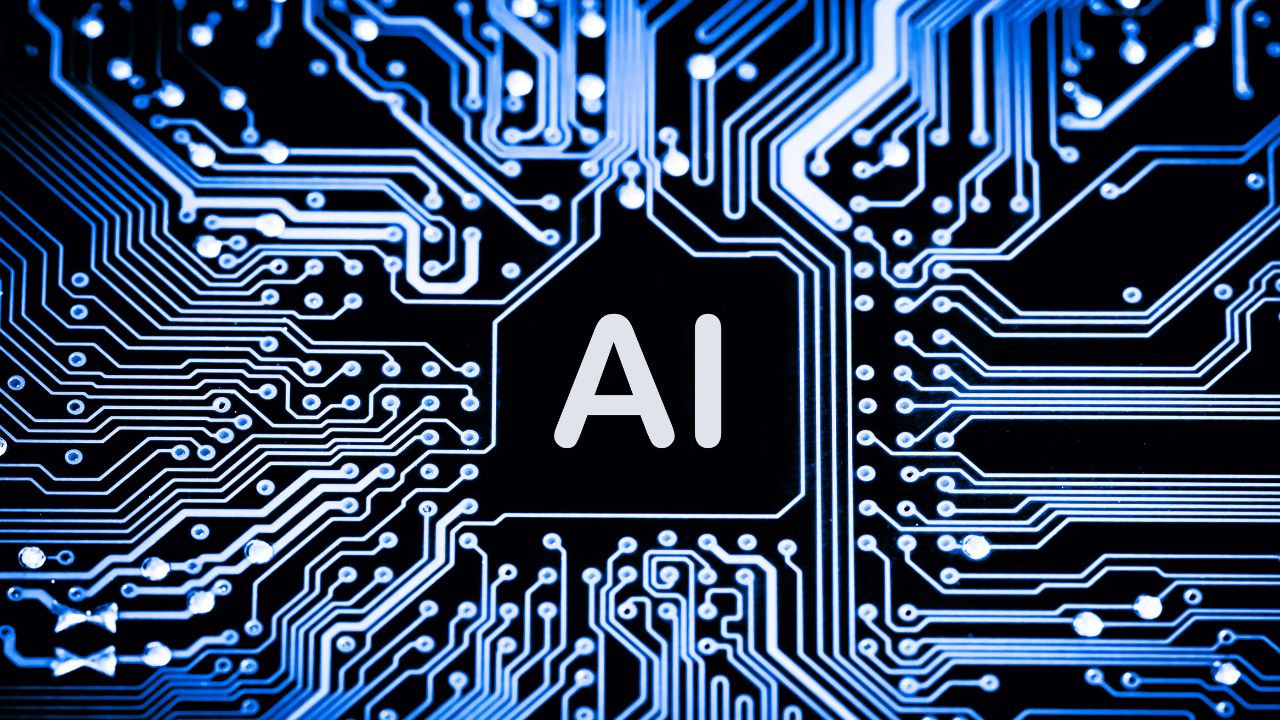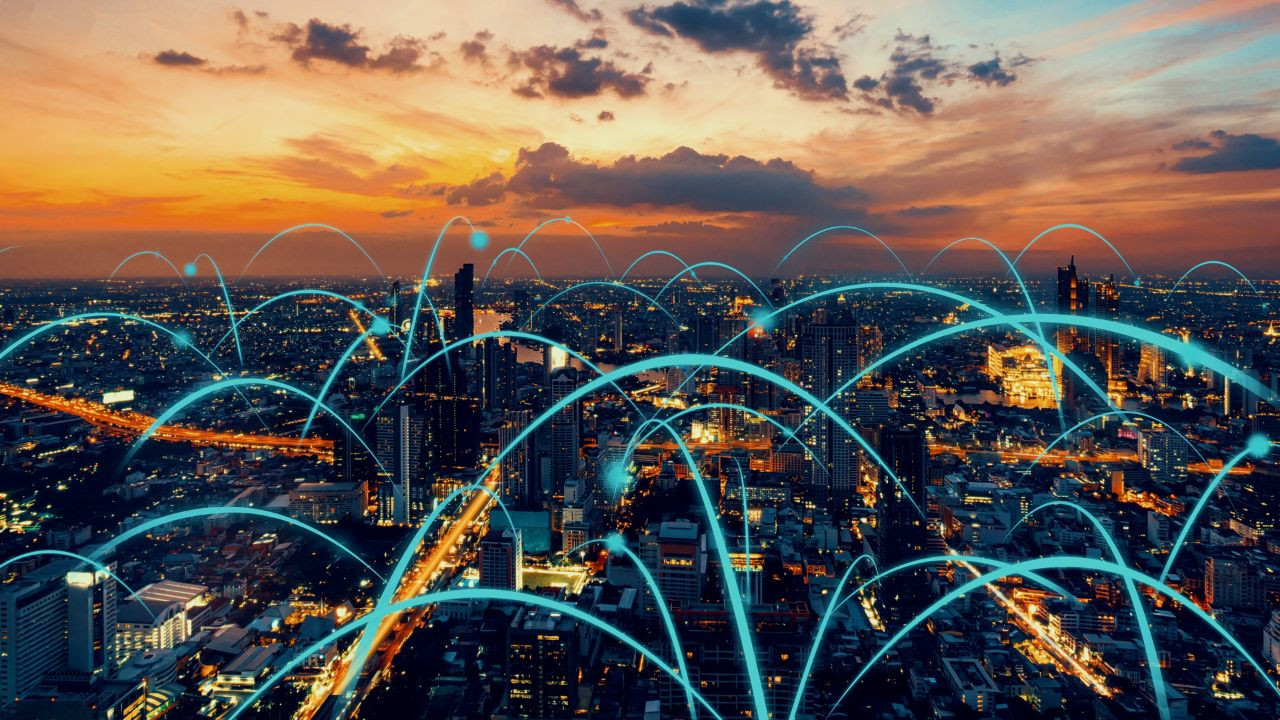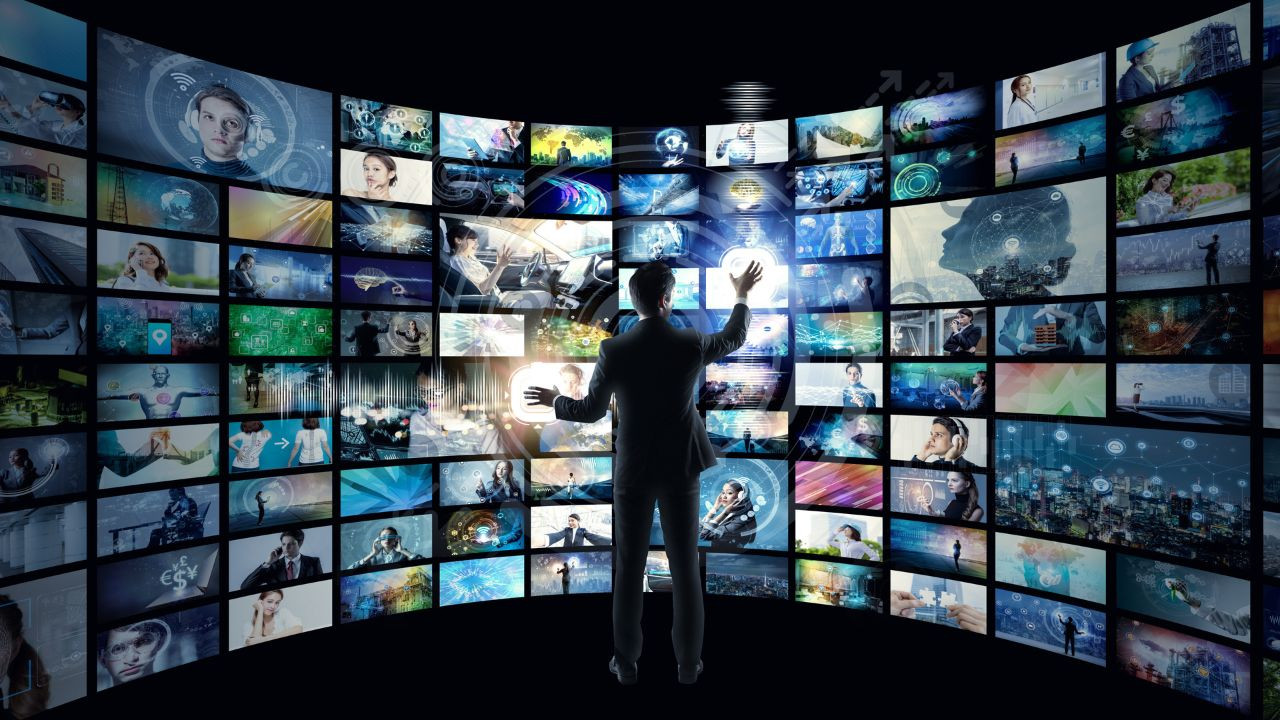Artificial intelligence (AI) is often associated with futuristic innovations and advanced technologies, but its impact goes far beyond business and entertainment.
Today, AI is playing a pivotal role in addressing some of the world’s most pressing challenges, from climate change to healthcare, education, and humanitarian efforts. By harnessing the power of AI, we can create solutions that not only improve lives but also contribute to a more sustainable and equitable world.
In this blog post, we’ll explore how AI is being used for good, tackling global challenges and driving positive change across various sectors.
1. Combating Climate Change
Climate change is one of the most critical issues facing our planet, and AI is proving to be a powerful tool in the fight against it. AI algorithms can analyze vast amounts of data to predict environmental changes, optimize energy use, and develop strategies for reducing carbon emissions.
Key Contributions:
- Predictive Analytics: AI models can forecast climate patterns, helping scientists and policymakers anticipate and prepare for extreme weather events, such as hurricanes, floods, and droughts.
- Energy Optimization: AI is used to optimize energy consumption in buildings, industries, and transportation, reducing waste and lowering carbon footprints.
- Conservation Efforts: AI-driven tools help monitor deforestation, track wildlife populations, and identify areas that need conservation, enabling more effective protection of natural resources.
2. Revolutionizing Healthcare
AI is transforming healthcare by enabling early diagnosis, personalized treatments, and more efficient healthcare delivery. By analyzing medical data, AI can identify patterns and correlations that may not be evident to human practitioners, leading to better patient outcomes.
Key Contributions:
- Early Detection: AI-powered diagnostic tools can detect diseases like cancer, heart conditions, and neurological disorders at earlier stages, when they are more treatable.
- Personalized Medicine: AI can analyze a patient’s genetic makeup and medical history to recommend personalized treatment plans tailored to their specific needs.
- Telemedicine and Accessibility: AI-driven telemedicine platforms are making healthcare more accessible, especially in remote and underserved areas, by connecting patients with doctors and providing automated health assessments.
3. Enhancing Education
AI is helping to bridge gaps in education by providing personalized learning experiences and expanding access to quality education for students around the world. Through intelligent tutoring systems, AI can adapt to the learning pace and style of each student, making education more effective and inclusive.
Key Contributions:
- Personalized Learning: AI-powered educational platforms can tailor lessons to individual students, ensuring that they receive the support they need to succeed.
- Automated Grading and Feedback: AI can handle repetitive tasks like grading assignments, giving teachers more time to focus on personalized instruction and student engagement.
- Expanding Access: AI-enabled online courses and learning apps make education more accessible to people in remote areas and developing countries, breaking down barriers to learning.
4. Supporting Humanitarian Efforts
In the face of natural disasters, conflicts, and humanitarian crises, AI is providing critical support by improving disaster response, delivering aid more efficiently, and enhancing communication in emergency situations.
Key Contributions:
- Disaster Response: AI models can predict the impact of natural disasters, allowing for more effective deployment of resources and personnel to affected areas.
- Resource Allocation: AI can optimize the distribution of food, water, and medical supplies during crises, ensuring that aid reaches those who need it most.
- Crisis Communication: AI-driven communication tools help connect people in disaster zones with emergency services and loved ones, even when traditional communication networks are down.
5. Advancing Sustainable Development
AI is contributing to sustainable development by optimizing resource use, reducing waste, and supporting innovations in agriculture, water management, and urban planning. These efforts are essential for achieving the United Nations’ Sustainable Development Goals (SDGs).
Key Contributions:
- Smart Agriculture: AI-driven precision farming techniques help farmers optimize crop yields, reduce water and fertilizer use, and combat pests more effectively.
- Water Management: AI technologies monitor water quality and usage, helping to manage and conserve this vital resource in areas facing water scarcity.
- Sustainable Urban Planning: AI can analyze urban data to design more sustainable cities, improving transportation, reducing pollution, and enhancing the quality of life for residents.
6. Promoting Social Good
AI is also being leveraged to address social issues such as inequality, poverty, and human rights. By analyzing social data and identifying patterns of discrimination or abuse, AI can support efforts to create a fairer and more just society.
Key Contributions:
- Reducing Bias: AI tools can be designed to detect and reduce bias in hiring, lending, and other decision-making processes, promoting fairness and equality.
- Poverty Alleviation: AI-driven programs can identify communities most in need of assistance and help allocate resources more effectively to combat poverty.
- Human Rights Monitoring: AI is used to monitor social media and other platforms for signs of human rights violations, enabling quicker responses from advocacy groups and international organizations.
Conclusion
The potential of AI to solve global challenges is vast, and its positive impact is already being felt in numerous areas. By continuing to innovate and apply AI for good, we can address some of the world’s most pressing issues, from climate change and healthcare to education and humanitarian aid.
As AI technology advances, its role in creating a better, more sustainable future will only grow stronger. At Filesharer.io, we are committed to supporting these efforts by providing secure and reliable file-sharing solutions that empower organizations and individuals to collaborate on projects that make a difference.






Comments (0)